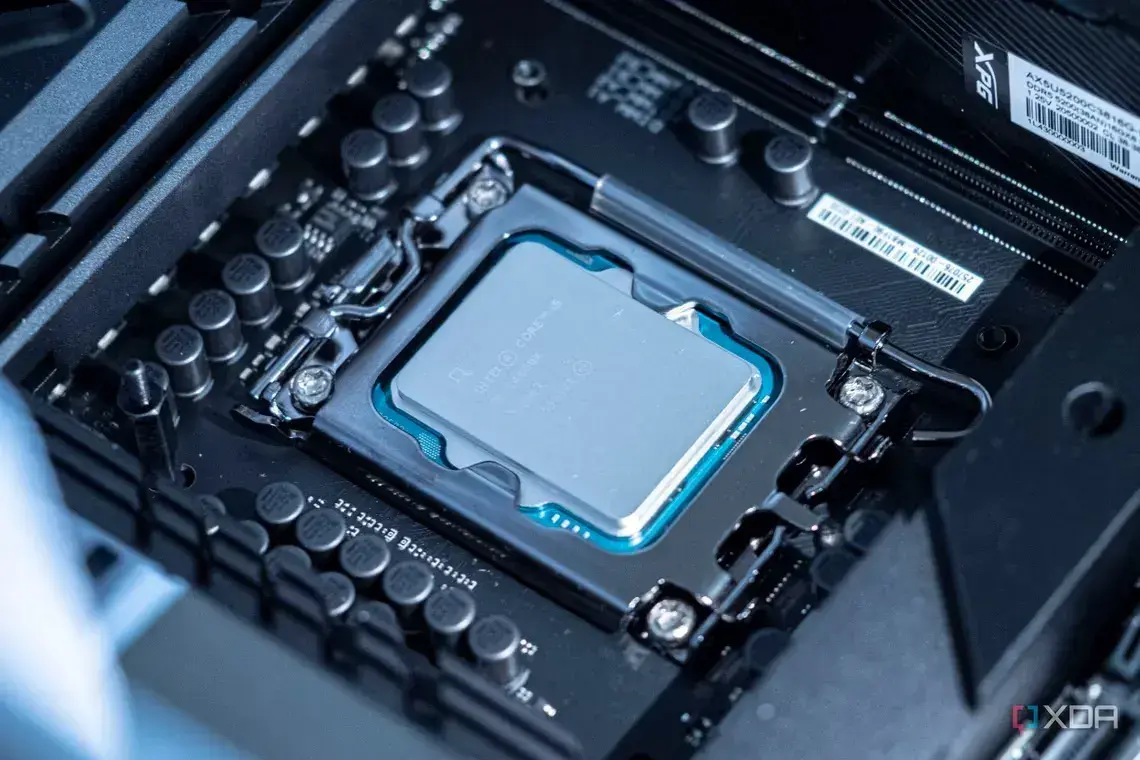Intel has recently unrolled its 14th-generation desktop processors, termed as the Raptor Lake Refresh, to the tech market. Amid the buzz surrounding the launch, a key detail emerged that contrary to initial announcements, these desktop processors will not support the much-anticipated Thunderbolt 5 connectivity. This revelation has stirred a discussion among tech enthusiasts and potential buyers, weighing the implications of this missing feature.
Thunderbolt 5: The Missed Train
The absence of Thunderbolt 5 support in the 14th-gen desktop processors is significant. Thunderbolt 5 promises a leap in connectivity with a whopping 80Gbps of bi-directional bandwidth and up to 120Gbps of uni-directional bandwidth. This new standard is especially beneficial for power users and creators who demand high-speed connections for their projects. The technology also boasts support for up to three 4K displays at 144Hz using a single port, showcasing its potential to drastically enhance port capabilities for better performance.
Implications for Desktop Users
With the 14th-gen desktop processors missing out on Thunderbolt 5 support, desktop users might find themselves in a bit of a connectivity conundrum. While Thunderbolt 4, with its 40Gbps bandwidth, will remain the default, the lack of Thunderbolt 5 support may deter those looking for cutting-edge connectivity from opting for these new Intel processors. The spotlight now turns to the upcoming laptop processors based on the Meteor Lake architecture, where Thunderbolt 5 support is expected. It’s a wait-and-watch scenario to see how this plays out in the competitive processor market, and how it impacts the choice of both casual users and tech aficionados.
Looking Ahead: What’s Next?
The tech community is now keenly eyeing the CES event scheduled in early January, where more details about Thunderbolt 5 and Intel’s Meteor Lake processors are anticipated to be unveiled. It’s here that many new laptops equipped with these processors will likely be announced, marking the debut of Thunderbolt 5 in the Intel processor family. The dialogue around Thunderbolt 5’s absence in the 14th-gen desktop processors reflects a broader discussion on the evolving needs of users and the pressure on tech giants like Intel to keep pace with these demands.
Intel’s journey with the 14th-gen desktop processors sans Thunderbolt 5 support opens a window into the competitive and fast-evolving world of tech, where staying ahead in the connectivity game is crucial. As we move forward, the decisions made today by tech behemoths will shape the user experiences of tomorrow.
For further details, you can refer to the original article here.


Leave a Reply